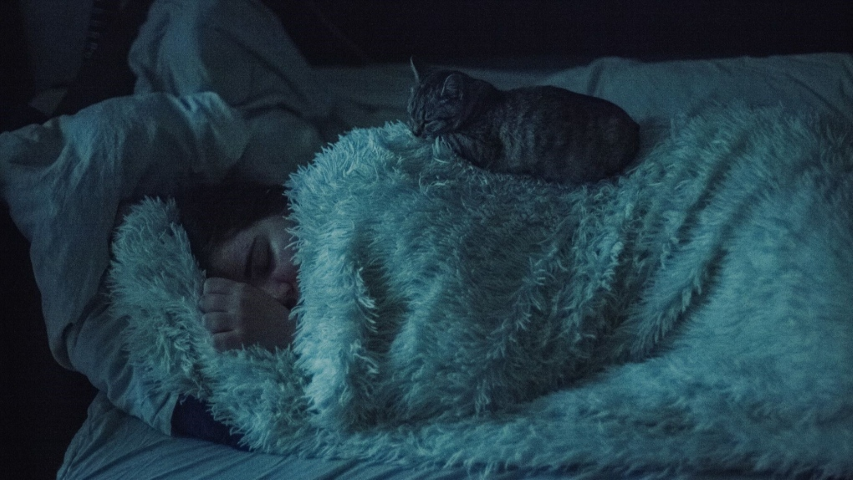
During winter, increased sleep might be influenced by seasonal or behavioural factors, according to Dmytro Betsenko/Moment RF/Getty Images.
As the colder season descends, many find themselves yearning for extra hours of sleep. Dr. Raj Dasgupta, an associate professor of clinical medicine, sheds light on the phenomenon, citing research that reveals about a third of American adults sleep more during winter. Despite the consistent sleep requirement of seven to nine hours for most adults, the shift to standard time and the resulting early onset of darkness can make individuals feel like they need more sleep.
Contrary to previous beliefs that seasonality has minimal impact on human sleep, a recent study in Berlin challenges this notion. The research, conducted on 188 patients at St. Hedwig Hospital, indicates an hour-long increase in winter sleep duration, with an insignificant statistical difference. However, participants did experience an additional 30 minutes of REM (rapid eye movement) sleep during winter—a crucial phase associated with enhanced memory, concentration, mood regulation, and immune function.
The influence of light on sleep is a key factor, as our circadian rhythm responds to sunlight cues. Dr. Carleara Weiss, a research assistant professor, notes that the decrease in sunlight prompts increased melatonin production, a hormone regulating sleep-wake cycles. Light not only affects sleep quantity but also quality, with less light during winter resulting in an overcompensation of REM sleep, according to Dr. Joshua Tal, a clinical psychologist specializing in sleep issues.
"Social jet lag" and behavioural factors such as holiday stress, dietary changes, alcohol consumption, and disrupted workout routines contribute to the desire for more sleep during winter, as explained by Dr. Dasgupta. Despite our inability to hibernate like animals, making seasonal adjustments can improve our overall well-being.
Dr. Weiss suggests simple adjustments like allowing for more sleep during the winter to enhance alertness during dark hours. Alternatively, adapting work or school start times to the daytime can align with natural circadian rhythms. Consistent bedtime and wake-up times, along with morning light exposure, aid in the transition between sleep and wakefulness.
For those lacking natural light exposure, light therapy—exposing oneself to a lightbox with a minimum of 10,000 lux for at least 30 minutes—can be beneficial. Dr. Jennifer Martin emphasizes the importance of a conducive sleeping environment and encourages seeking professional help for those grappling with seasonal depression.
In conclusion, the inclination to sleep more during winter is a natural response to light changes and circadian rhythm shifts. Simple adjustments and awareness of these factors can contribute to better sleep and overall well-being during the colder months.















